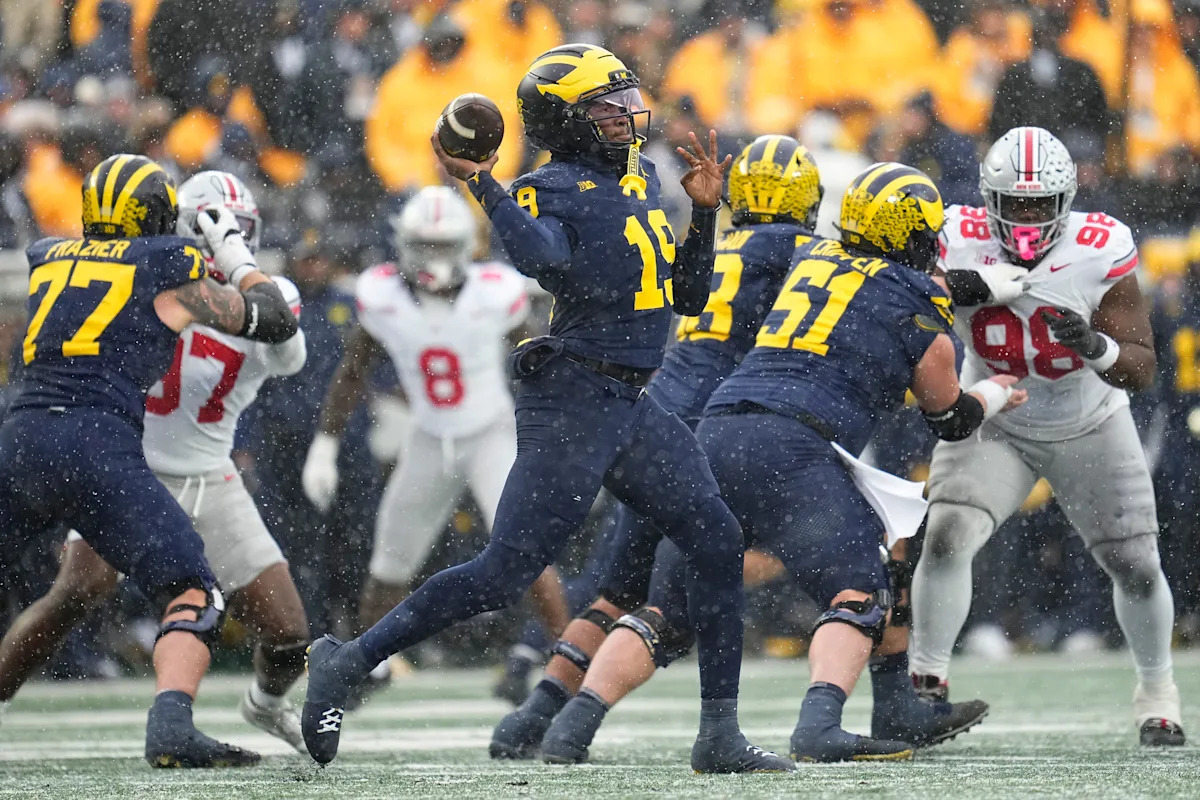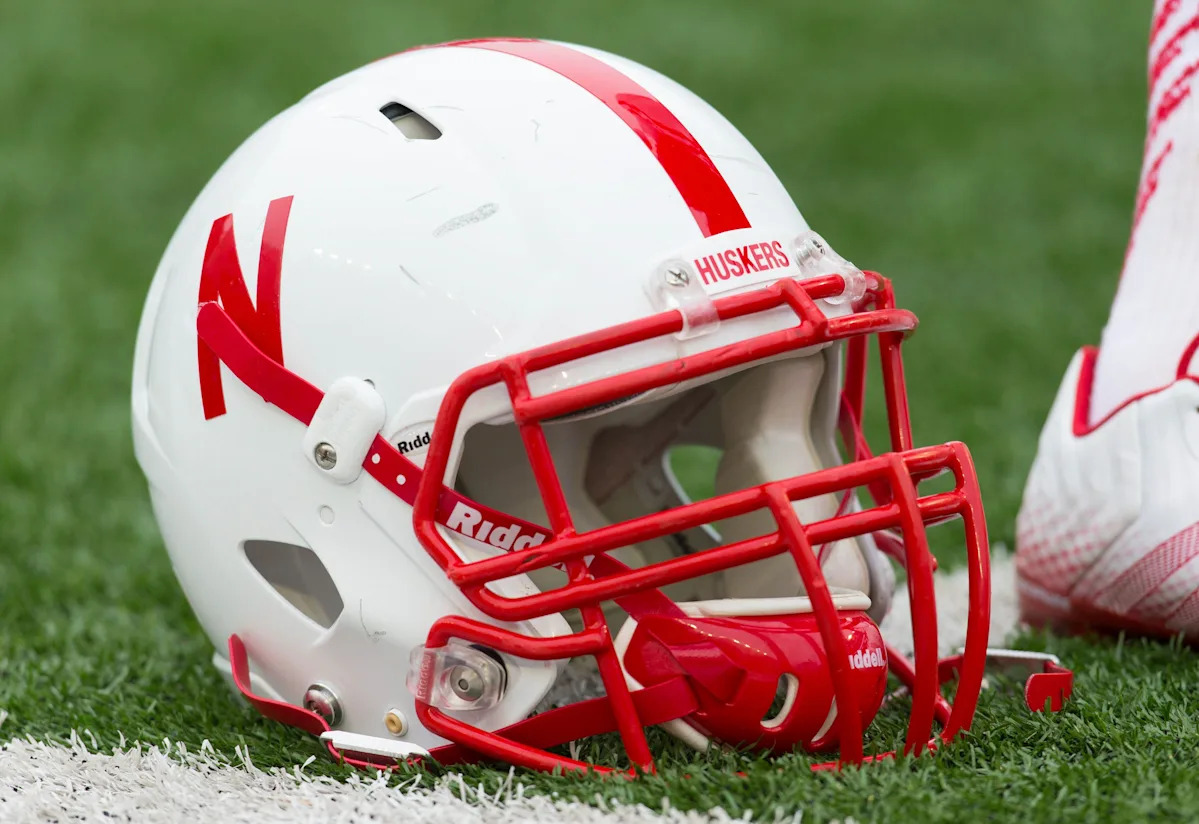The NBA permitted Terry Rozier to continue playing after a 2023 investigation into suspicious wagering activity because it did not find sufficient evidence of wrongdoing, though the league never technically cleared him, according to NBA spokesperson Mike Bass.
Rozier was arrested and indicted on two federal charges last week alleging he shared information that he would exit a March 23, 2023 game early with a friend who sold it to sports bettors. The guard appeared in 125 games over the last two seasons following the league’s probe.
Multiple sportsbooks flagged suspicious prop bets on Rozier ahead of the 2023 game when he played for the Charlotte Hornets. Rozier exited after just 9 minutes and 34 seconds, scoring five points—16 fewer than his season average—while $263,000 was wagered on his prop bets.
“At the time, we did not find sufficient evidence to conclude that Rozier violated league rules,” Bass told The Athletic. “As is typical for NBA investigations, this conclusion was subject to any new evidence we might receive.”
The NBA interviewed Rozier and examined his phone before allowing him to continue playing. The league shared its findings with the U.S. Attorney’s Office for the Eastern District of New York, which secured indictments this month.
Bass acknowledged the league’s investigative limitations compared to law enforcement agencies. The NBA employs a sports gambling investigative team led by a top league attorney and former federal prosecutor.
“The NBA does not have the same authority or investigatory resources as the federal government, including subpoena power to obtain information from anyone, law enforcement surveillance, wire-tapping and search warrants,” Bass said.
Rozier’s attorney Jim Trusty maintains the guard suffered a legitimate injury during the game in question. Bass confirmed an MRI documented Rozier’s injury at the time.
Rozier, through his attorney, has denied the federal charges. The case raises questions about the effectiveness of league investigations into suspicious gambling activity without law enforcement resources.

























